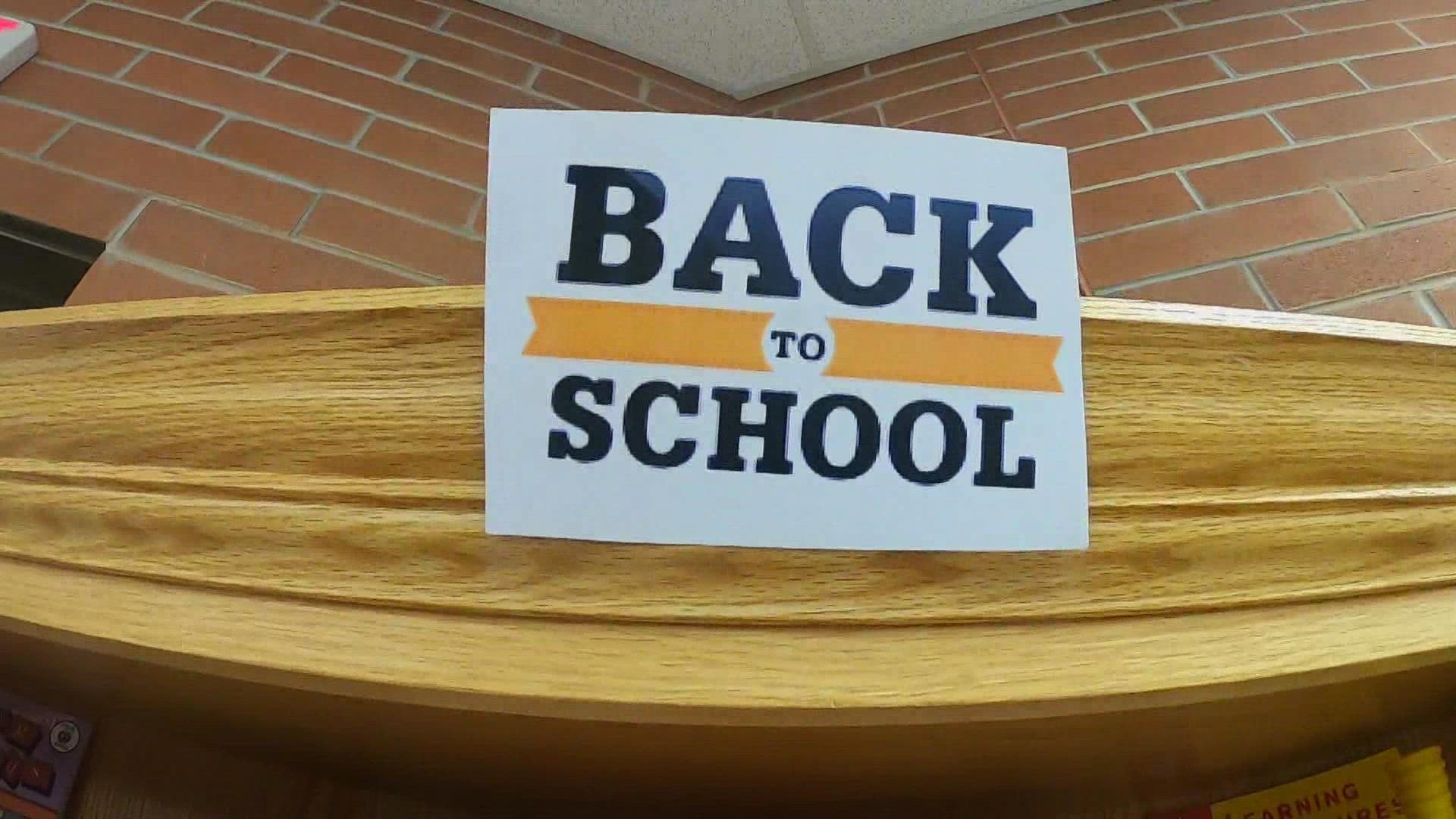KERNERSVILLE, N.C. — Thanks to inflation and continued supply chain disruptions, families say that their back-to-school costs will be higher than ever before. This year families will spend an average of $661 per student, an 8% increase over last year’s total of $612.
Parents are worried about the impact on their household finances. According to the National Retail Federation, 38% of parents say that they’ll have to cut another household spending to afford back-to-school clothing and supplies.
One easy way for families to save money this back-to-school season is to consider secondhand items, says Jaymie Eichorn, the chief marketing officer of Goodwill Industries of Northwest North Carolina.
“Producing and shipping new items uses a lot of material and resources, and the costs of all of those materials have gone up in the past two years,” Eichorn said. For instance, last fall cotton prices hit their highest point in a decade due to a global shortage, prompting some denim manufacturers to increase their prices as much as 10 percent. Eichorn says that Goodwill shoppers are already asking about its annual buy one, get one sale on blue jeans, which is coming up Aug. 5-14.
“Parents look at the cost of a new pair of jeans, which is only continuing to rise, and they compare that to the name-brand jeans they can find at a fraction of the cost at a thrift store,” Eichorn said. “With so many families keeping an eye on their finances, it’s no wonder that they’re seeking out secondhand items to save money.”
The annual Deloitte back-to-school survey of parents with children in grades K-12 found that families are uncertain about the state of the economy. One-third of respondents said that their household was worse off financially than they were this time last year. And 57% said that they were concerned about back-to-school expenses due to inflation.
Along with thrift stores, Eichorn suggested that families participate in community clothing swaps and keep an eye on local buy-sell-trade groups on social media. “When you think ‘secondhand first,’ you not only save money for your family,” Eichorn said, “You also can pass along items that you no longer need, but that could be exactly what another local family is looking for.”

